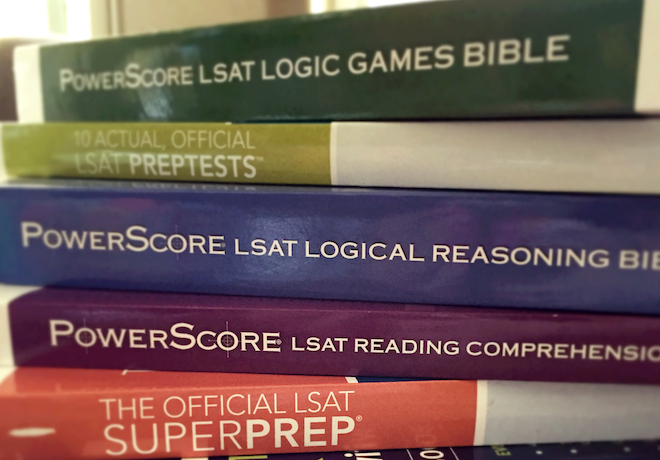ABA to Consider Proposal Ending LSAT in Admissions
An American Bar Association (ABA) committee is recommending a proposal that could mean the end of the LSAT in law school admissions.
The proposal, which is scheduled to be considered by the ABA on May 20, recommends eliminating a rule requiring law schools to use a “valid and reliable test” in admissions decisions. If the proposal passes, law schools would be able to use to choose whether or not they require a test for admissions.
SIMILAR MEASURE CONSIDERED FOUR YEARS AGO
This isn’t the first time the ABA has considered a proposal to cut the LSAT from admissions. Back in 2018, a similar measure was approved only to be withdrawn moments before final approval by the House of Delegates, according to Reuters. The ABA ultimately decided not to approve the measure due to arguments that eliminating the LSAT would disadvantage minority applicants.
Now, The Law School Admission Council (LSAC) is drawing similar arguments in hopes of withdrawing the 2022 proposal.
“Studies show test-optional policies often work against minoritized individuals, so we hope the ABA will consider these issues very carefully,” LSAC’s statement reads. “We believe the LSAT will continue to be a vital tool for schools and applicants for years to come, as it is the most accurate predictor of law school success and a powerful tool for diversity when used properly as one factor in a holistic admission process.”
WHAT CRITICS OF THE LSAT HAVE TO SAY
While LSAC stands by the LSAT being “the single best predictor of law school success,” many critics argue that the exam requirement often favors wealthy applicants. And while LSAC says the LSAT is a strong predictor of law school success, studies have shown the exam to be a weaker predictor of bar passage.
In 2017, Harvard Law officially stopped requiring the LSAT for admission and, instead, allowed applicants the choice of submitting scores from the Graduate Record Examination (GRE). It’s a move that many law schools have begun implementing, mostly as a strategy for attracting a greater diversity of applicants.
“Regardless of the number of applicants we have, this initiative is about making sure the most qualified candidates continue to consider us,” Jessica Soban, associate dean for admissions and strategic initiatives, stated in 2017 regarding Harvard’s decision. “We have been out pretty publicly with a message that some of the cutting-edge legal issues rely on an understanding of science and technology and engineering problems. These are the questions that require not only great legal training, but the technical underpinnings really do help to understand the issues.”
Sources: ABA, Reuters, LSAC, The Atlantic, Indiana University, Washington Post


Questions about this article? Email us or leave a comment below.